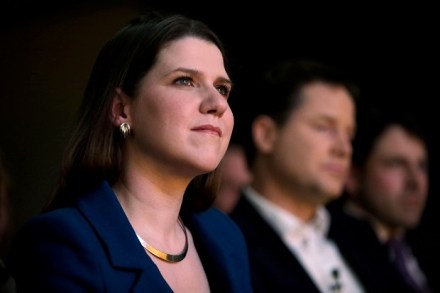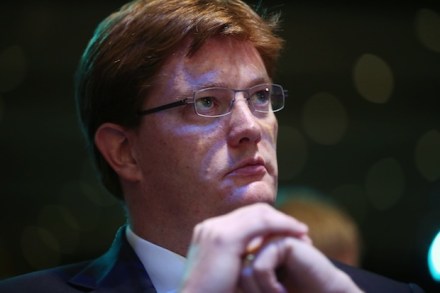Lib Dem free school confusion undermines Clegg’s ‘sausage machine’ model
What does everyone think about free schools? That’s the question that is being asked of every Liberal Democrat who has the misfortune to pop up in broadcast interviews today, because it seems that you can now take any position you want on the subject, so long as you’re wearing a certain hat or you’ve got your fingers crossed behind your back. Ed Davey this morning tried to explain the difference between what David Laws said last week at the despatch box in defence of free schools and what David Laws apparently thinks when he’s not at the despatch box. Davey told the Today programme: ‘He is defending the Government’s position




















